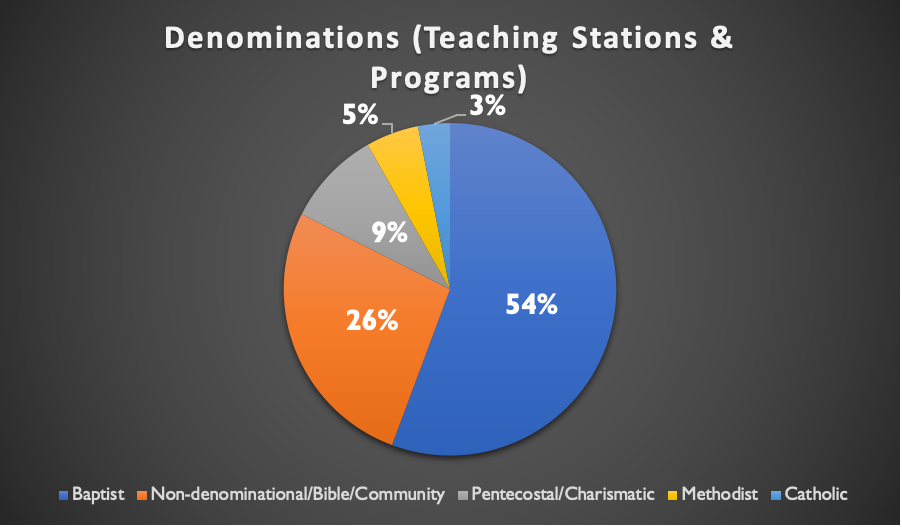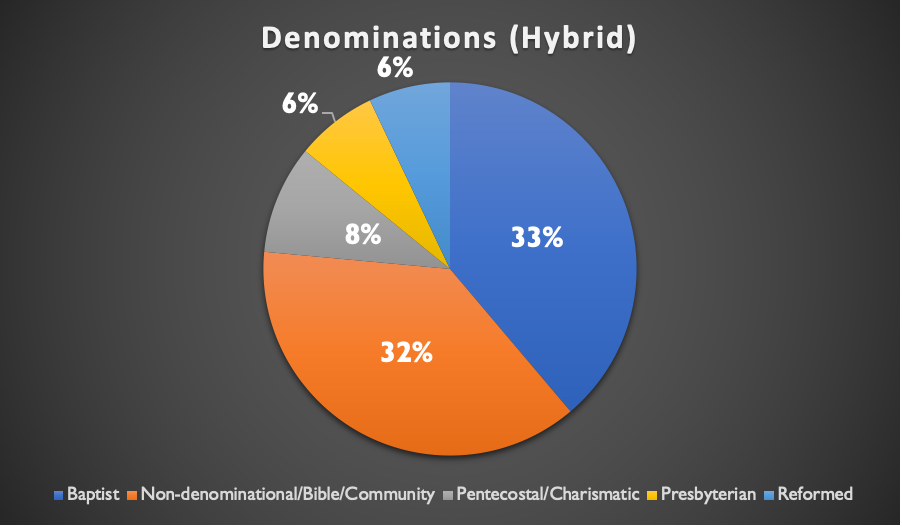The 2023 Finney Media Why Listen?® Survey included almost 15,000 respondents andover a million data points from three different formats: Music stations, Music/Teaching stations, and All-Teaching stations/programs.
There’s much discussion about focusing our radio stations on people beyond the nuclear family; a husband/wife both married for the first time with natural born children. In 2023, there are more people listening than just men and women who are married for the first time. Here are the Top Five Marital Statuses for Hybrid (Music + Teaching) and all-Teaching listeners ranked in our recent nationwide survey:
Hybrid
| 1. Married First Time | 50% |
| 2. Re-married | 18% |
| 3. Divorced | 13% |
| 4. Single/Never Married | 10% |
| 5. Widowed | 9% |
Teaching
| 1. Married First Time | 42% |
| 2. Re-married | 20% |
| 3. Divorced | 15% |
| 4. Widowed | 13% |
| 5. Single/Never Married | 9% |
Here’s a way to think about this: If you’re talking to your listener as if she is married for the first time, you’re talking to half of your listeners. And if you assume she is married for the first time or more often you’re still talking to under 7 in 10. Almost one-third of Hybrid listeners and almost 40 percent of Teaching listeners are not currently married.
We’re coming up on the holidays and for many of your listeners, that means blended families sharing time (30 to 35 percent are either re-married or divorced) or some form of spending it alone (about 20 percent are either never married or widowed). It’s time to be empathetic to how complicated it is.



